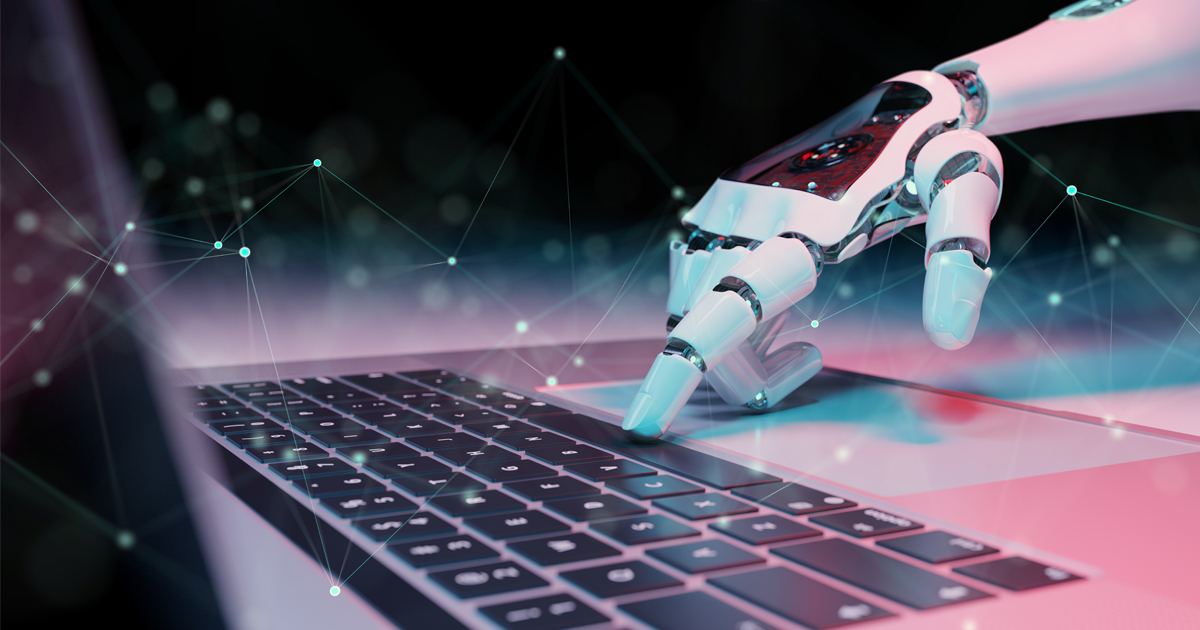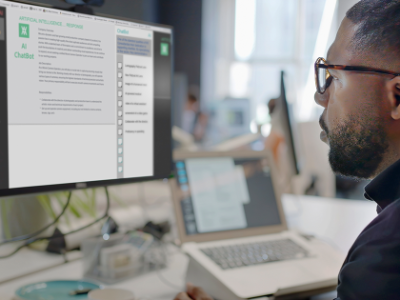It seems like lately you can’t spend time online without seeing multiple articles titled, “How Will AI Affect insert any job title.” In the past several years, we’ve seen the rise of artificial intelligence and technology across all industries. From social media algorithms to chatbots like ChatGPT, AI technology is seemingly everywhere.
But when it comes to use in the legal industry, can generative AI be properly and effectively used? For that, the jury is still out.
Two Sides of the AI Argument
Advocates for AI in the legal industry highlight the impact it can have on those who cannot afford traditional legal services and work to close the access to justice gap. This technology could be used to help create arguments to be used in court, draft petitions and present options when dealing with a legal matter.
Attorney advocates also note how generative AI may save them time and effort on the initial research and first drafts of memos and briefs. AI has the potential to look through past rulings, memos, briefs and other documents, and while the results to a prompt will need to be verified and fact-checked, this can speed up the initial time spent looking for information.
But where does AI fall short, especially within the legal industry?
During an Access to Justice panel at ARAG, Nick Smithberg, Executive Director at Iowa Legal Aid, told us that, “Often times people are coming to [attorneys] on the worst days of their life, and a chatbot won’t be helpful in that situation.”
When it comes to dealing with a legal issue, the details matter. Each case is nuanced, and a slight variation in a client’s case from others may have huge differences. AI technology may create an argument based on cases that look similar to a client’s legal matter on the surface but in actuality may be very different.
There are also concerns about data privacy. If confidential details are uploaded into an AI prompt, can the sites promise that everything will stay safe and private? It could also be costly to upgrade storage systems so that this data could be stored on the cloud or on servers to comply with regulatory requirements.
And think about intellectual property implications. Could generative AI be giving the same results to multiple people? Who technically owns the responses to the prompts – the person asking the question or the company that’s providing the answer
How Can AI Be Used Effectively?
AI large language models (LLMs), the large databases of information that the technology uses to create a response, will need to evolve to include helpful case details, data and industry best practices in order to be used to the fullest extent possible. As we mentioned earlier, AI can be used to cut time out of research and first drafts of briefs.
It could also be used to help you brainstorm how your opposition might position their argument quicker, and potentially more robust, than a junior staff member – meaning you can begin to prepare counterarguments sooner.
It’s important to remember, though, that all outputs from AI software need to be reviewed carefully to ensure the information is correct.
Where Does AI Go from Here?
Many of the qualms about AI replacing jobs are the same arguments that have been made each time new technology and applications disrupt an industry. While AI LLMs may expand in the future and become a real contender for legal advice, we aren’t there yet. Our advice? Take time to become familiar with the technology, learn how it works and where it can save you time. And in the future, it could come to play an even bigger role in your practice.
Ann Cosimano, ARAG General Counsel, believes attorneys that embrace AI could propel their practice forward much like attorneys that quickly embraced the internet and online legal research. “AI in the legal world is like having a genius sidekick, but it's the attorney who plays the role of the savvy superhero. While AI brings the brains and brawn, the attorney brings the experience, strategy, and that unbeatable human touch. Together, if used properly, they could form an incredible duo, revolutionizing the practice of law in ways we never thought possible.”
So while AI may be helpful for research and beginning a draft, ultimately it won’t replace an attorney any time soon. When clients are looking for legal help, oftentimes at one of the most stressful or difficult times in their lives, AI can’t replace the advice, comfort and support of an attorney.



